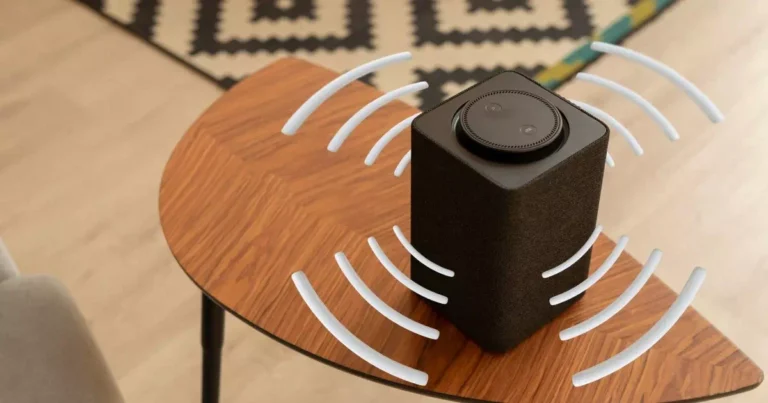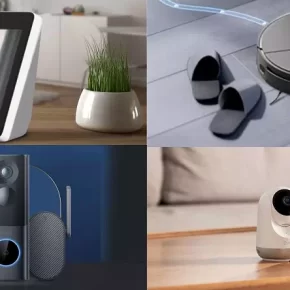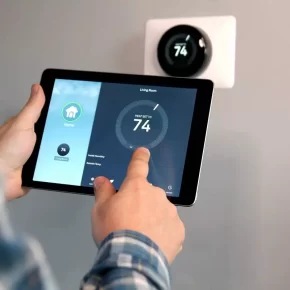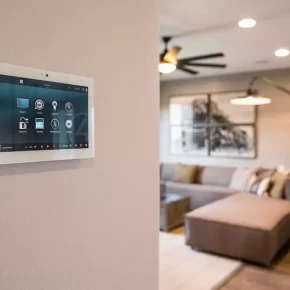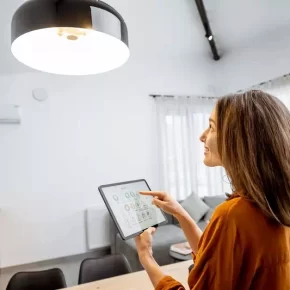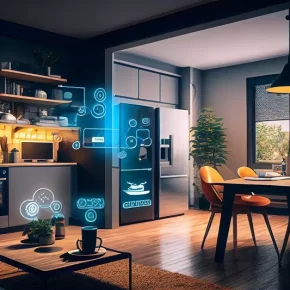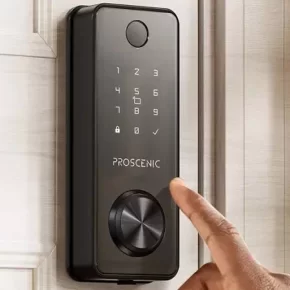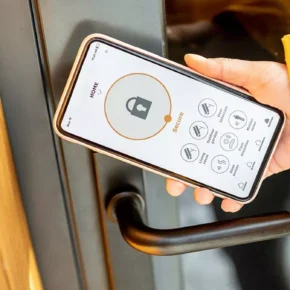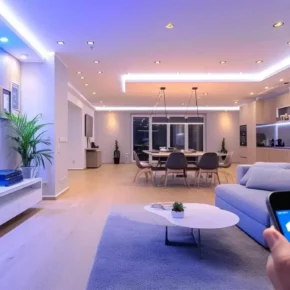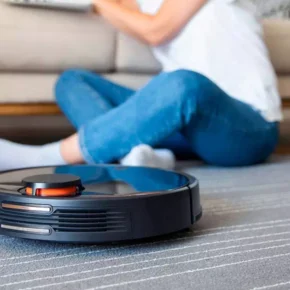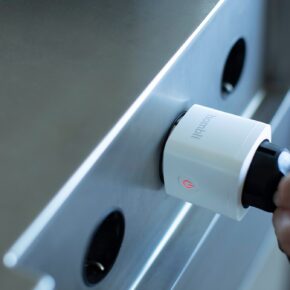Modern technologies are transforming our perception of comfort and convenience in everyday life, and one of the key elements of this transformation is voice assistants. They allow you to control the “smart home” system using voice commands, opening up new possibilities for automation and optimization of the home space.
But, like any innovation, such solutions have their advantages and limitations.
Advantages of voice assistants in the “smart home” system
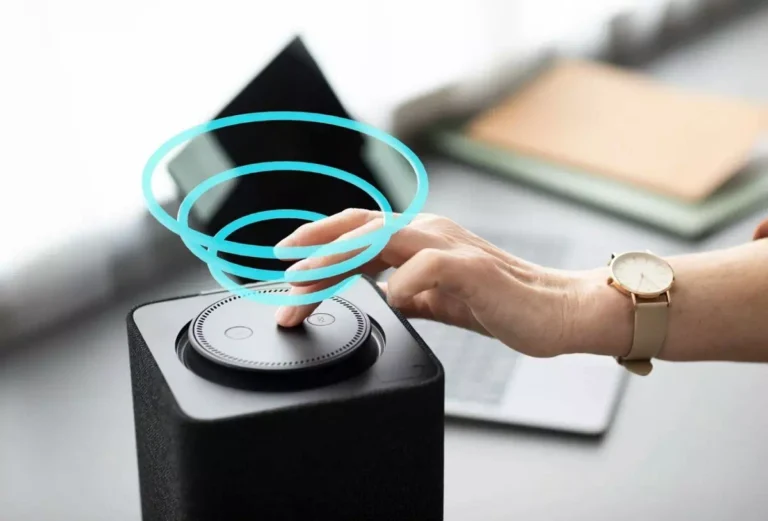
1. Convenience and speed of management
One of the biggest advantages of voice assistants is their ability to execute commands instantly, without the need for manual control of devices. You can use your voice to turn on or off the lights, adjust the temperature in the room, or start home appliances — all without leaving your seat. Assistants such as Google Assistant, Amazon Alexa or Apple Siri enable effective interaction with devices that support smart home technologies.
2. Integration with many devices
Voice assistants support extensive integration with various devices: from lighting systems to thermostats, audio systems and even locks. This allows you to create a single control system that covers all key aspects of home comfort. For example, you can program a complex scenario: say “Good night” and the house will automatically turn off all the lights, lock the doors and reduce the temperature in the room.
3. Automation support
Using voice assistants, you can set up the automation of many processes at home. This means that you not only control devices remotely, but also create scripts that run automatically under certain conditions. For example, turning on the lighting in the corridor when the front door is opened or automatically turning on the heater when the temperature drops.
4. Availability for different users
Voice assistants simplify the use of smart systems, making them accessible to people of all ages. For children, people with disabilities or the elderly, voice control can be extremely convenient and understandable. This allows even those who have difficulty using traditional devices to use technology.
5. Contactless management
In many situations, voice control is the most contactless way to interact with technology. This is especially true when your hands are busy or you can’t physically touch the devices, such as while cooking or after returning home from shopping.
Limitations of voice assistants in the “smart home” system
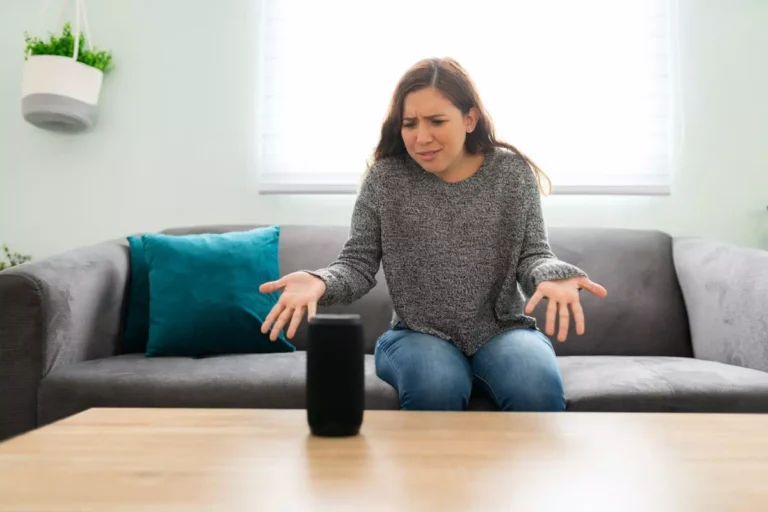
1. Dependence on Internet connection
A stable Internet connection is required for voice assistants to work. If the network fails or there is a weak signal, the system may stop functioning. This is one of the main vulnerabilities of voice assistants, because even a short-term absence of the Internet can make it difficult to control the house.
2. Limited language support
Not all voice assistants support a wide range of languages. While the major platforms are trying to expand language support, not all of them are good at recognizing less common languages or dialects. This can be a barrier for users who want to communicate in their native language.
3. Security and privacy issues
The use of voice assistants is associated with privacy issues. Because devices are constantly listening for commands, there are concerns about data collection and usage. Although the vendor companies assure the security of the technology, there are risks of privacy violations.
4. Restrictions in complex commands
While voice assistants work well with simple commands, sometimes they may not understand more complex or multi-step requests. For example, some voice systems may have difficulty executing commands that require multiple devices to be controlled simultaneously or depend on specific conditions.
5. Problems with the accuracy of voice recognition
In some cases, voice assistants may not correctly recognize the voice or commands, especially if there is background noise or the user speaks with an accent. This can be a problem for those who rely on fast and accurate execution of commands.
Voice assistants have become an integral part of modern “smart home” systems, offering many advantages in convenience and automation of household tasks. However, it is important to consider the limitations associated with Internet dependency, privacy issues, and possible technical difficulties. Proper setup and integration of voice assistants with other technologies can greatly increase comfort and efficiency in your home.

